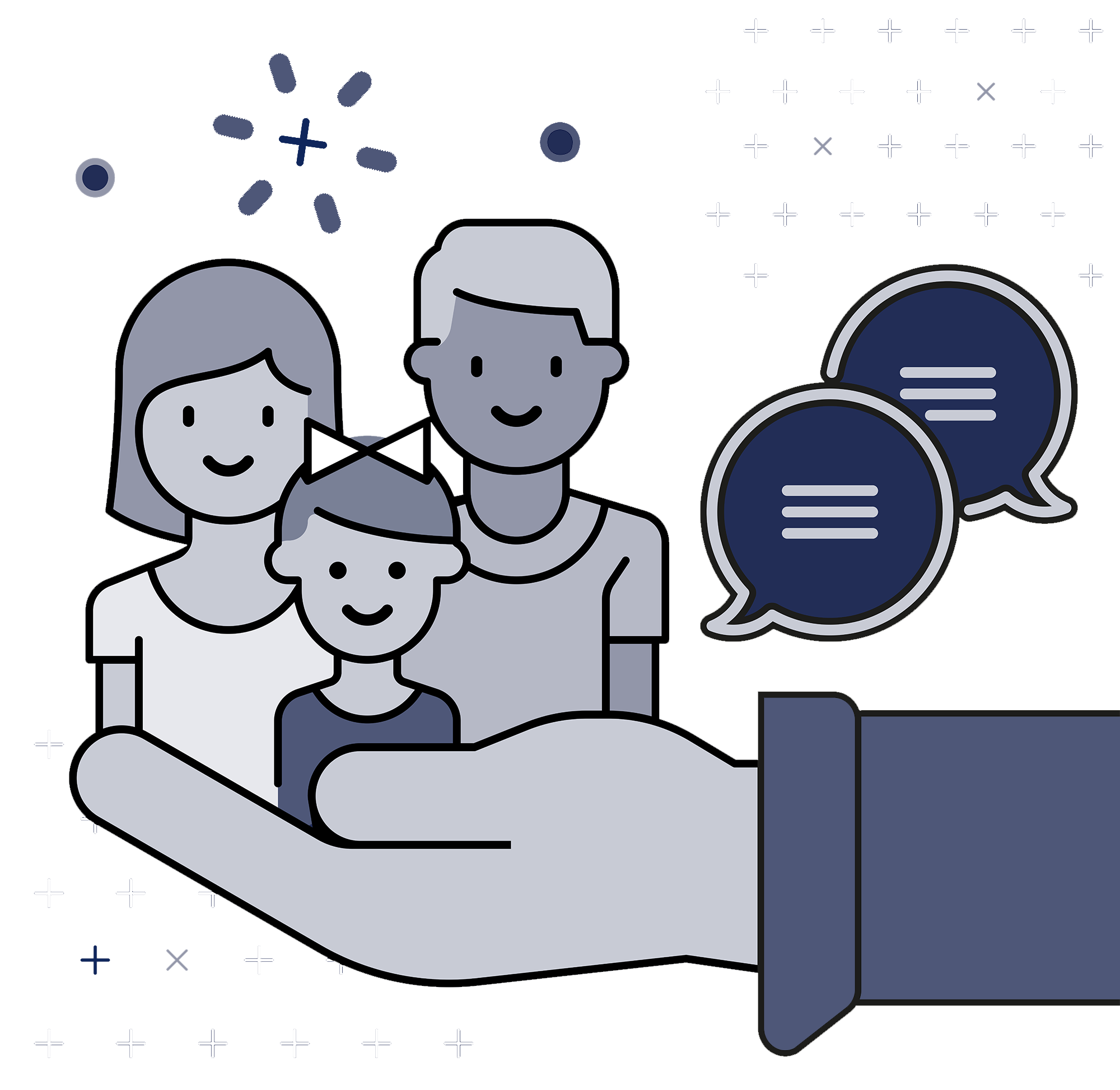The aim of genetic counselling is to help individuals and families to understand the condition, make choices, access any appropriate screening or medical treatment, communicate with relatives and find suitable support. Genetic counsellors will often draw a family history, explain relevant inheritance patterns and discuss risks to children. They are also experts at explaining genetic test results.
Although genetic counselling is very different to psychological counselling, genetic counsellors will help families think about the wider implications of finding out about genetic risk or diagnosis. They will be able to support you in making decisions about testing and talk to you about how you are feeling about any issues surrounding this. including.
- the risks and benefits of having a genetic test
- the results of your test and what they mean for you and your family
- the risk of you and your partner passing on an inherited sight loss condition to your children
- the risk to you and your children if you are currently unaffected but have a relative living with inherited sight loss
- your options around family planning, testing during pregnancy, and assisted reproductive technology if you do not want your children to inherit the condition. Visit our family planning page for more information and links to dedicated support organisations.

